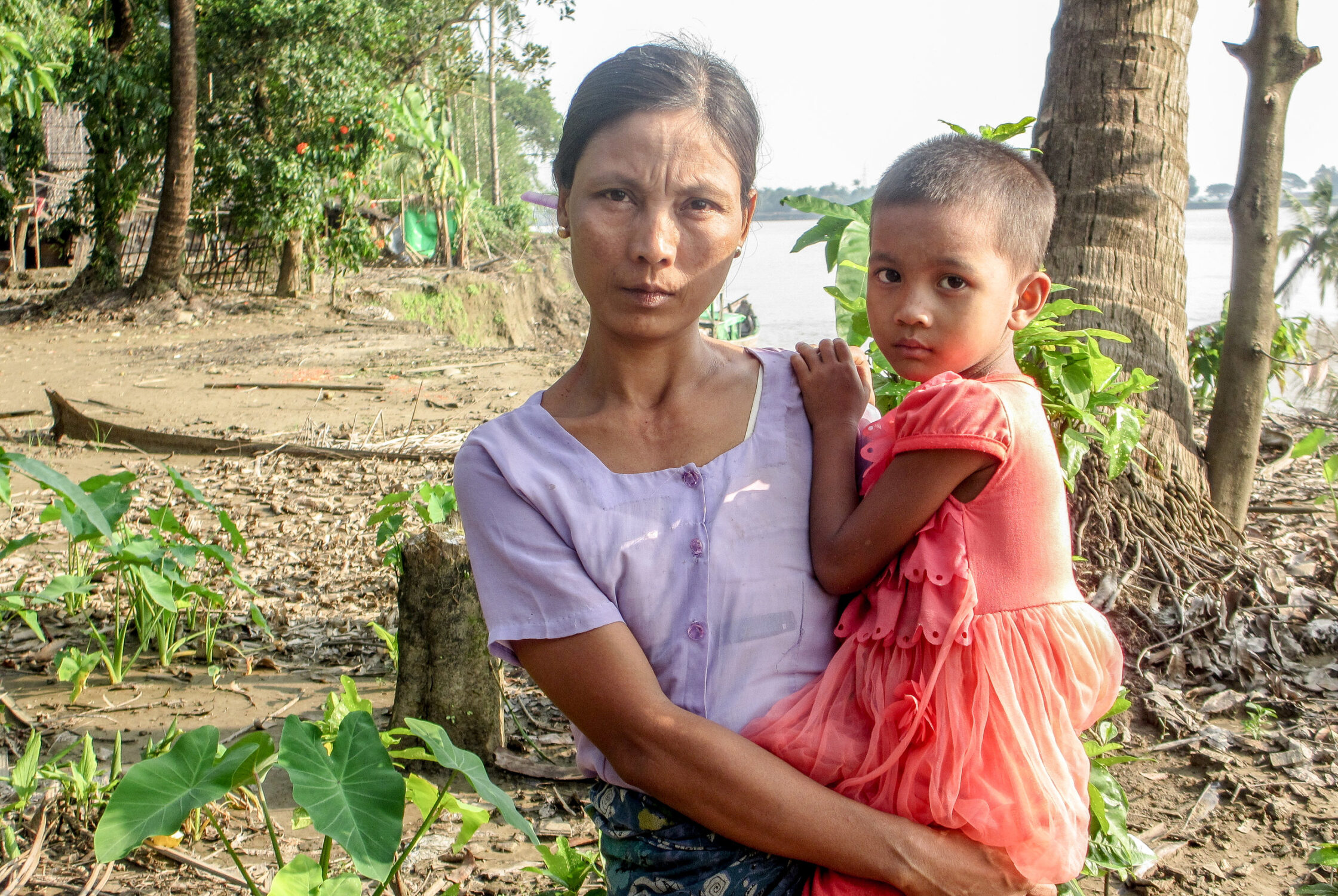Trump Administration’s Failure to Act to Address Climate Change will Lead to More Displacement, Migration, and Humanitarian Emergencies

Refugees International (RI) is dismayed and deeply alarmed by the Trump administration’s decision to pull out of international efforts to tackle one of the most significant threats to global stability and security the world has ever faced: climate change.
Agreed to at the international climate change negotiations in Paris in December 2015, the Paris Agreement is a 195-nation pact that sets the world on a course to limit global average temperature rise to 3.6°F (2°C), the threshold necessary to avoid irreversible and catastrophic climate change. The United States is the world’s second largest emitter of global warming pollutants (referred to as “greenhouse gases” or GHGs). For the United States to renege on its commitment to reduce GHGs will make it much harder for the rest of the world to achieve that target, and could lead other countries to pull out as well.
RI is especially concerned regarding the impact climate change will have on displacement and humanitarian crises. Hundreds of millions of people across the globe live in low-lying coastal areas and river deltas that are exposed to floods, storms, and sea level rise which are all rapidly increasing due to climate change. In 2016 alone, 24 million people were forced from their homes by weather-related disasters, far more than were displaced by conflict. Meanwhile, more frequent and protracted drought, especially in poor and unstable regions of the world like East and West Africa, are undermining food security, causing people to migrate in order to survive, and fueling pre-existing social and ethnic tensions. In war-torn Somalia, for example, the worst drought in 50 years and approaching famine conditions have displaced 700,000 people who have fled to cities and other countries in search of humanitarian aid.
The president has also announced that the United States will renege on its commitments to contribute funds to help the least developed countries adapt to climate change, despite the fact that poor countries, which suffer the greatest impacts of climate change, contribute the least to global warming. Issues of fairness and justice aside, not helping the most vulnerable countries to adapt will leave them more vulnerable and result in even more humanitarian crises and instability in the future. Worse yet, President Trump’s decision comes at a time when the administration has already proposed severe cuts to humanitarian funding to respond to such crises, meaning we would not only be doing less to prevent human suffering but to alleviate it as well.
“Failure to keep to our commitments under the Paris Agreement means that we are condemning our children and future generations to a warmer and less stable world; a world with more extreme weather, food insecurity, poverty, conflict, and humanitarian crises.”
Alice Thomas, RI Climate Displacement Program
“Today and increasingly in the future, climate change will lead to displacement and forced migration. The poorest and least stable regions of the world will feel the brunt, where people lack the ability to cope with the impacts of climate change on food security and livelihoods, and where governments have weak capacity to meet their people’s needs in times of crisis,” warned Alice Thomas, RI’s Climate Displacement Program Manager.
As was made clear during the Paris negotiations, due to the rate of past and present GHG emissions, and given the time it will take to make adjustments to current energy sources and use, the United States and other leading emitters will need to implement emission cuts as soon as possible. Not acting now means locking in future accelerated rates of warming that will be harder to contain and that will have wide-ranging and devastating impacts, especially on the world’s poorest and most vulnerable people.
“We no longer have the luxury of waiting for some future time when it is more economically or politically advantageous to take action on climate change. Failure to keep to our commitments under the Paris Agreement means that we are condemning our children and future generations to a warmer and less stable world; a world with more extreme weather, food insecurity, poverty, conflict, and humanitarian crises,” Thomas added.
“What does Trump’s decision to withdraw from the Paris Agreement mean?” continued Thomas. “It means America walking away from its global leadership role and leaving the door open to irreversible and catastrophic effects that will touch every aspect of our lives at home and abroad.”